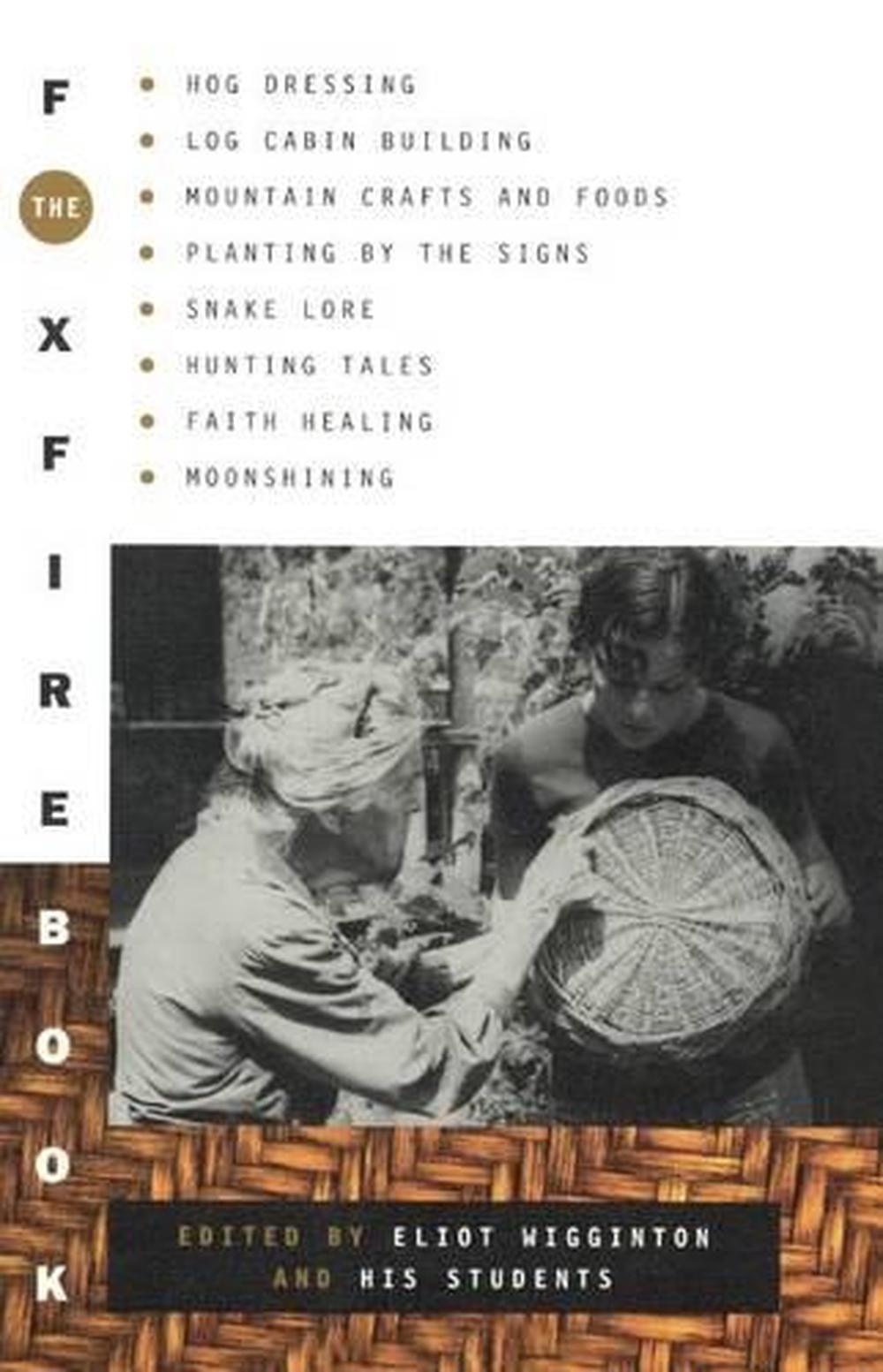
The matter of his small-town English teacher was covered by The New York Times, which explained summarily what Foxfire was: In November 1992, forty-nine-year-old Eliot Wigginton plead guilty to one count of child molestation for fondling a ten-year-old boy. But I still do think from time to time about this man and his work- and the circumstances that overshadow his accomplishments. Immediately and completely repulsed, I backed off from my zeal and did not return to Prater’s to buy up copies of Foxfire, which I had originally planned to do later in the week. He had done great work, she told me, and was a real star on a local scale, but had overstepped the teacher-student boundary in the most unseemly way.

After she patiently listened to my enthusiasm about my new find, she apprised me that Wigginton’s downfall came when he was accused of and confessed to child molestation.

She is an artist of an elder generation and had been around that part of the country for much longer than I had. However, there’s a tightrope to walk in professing any admiration for Eliot Wigginton. When I got back up on the mountain, I set about telling the artist in the other cabin about what I’d found. Though two or three decades and two states stood between his work and mine, we each shared a desire to bring students to local culture through experiential learning- in his case, Appalachian folk culture, and in mine, Civil Rights and the arts in Alabama’s Black Belt. The periodical version eventually led to the full-length Foxfire Book, published by Anchor Books/Doubleday. Being a fan of the sixties and seventies in general – the music and films from those decades are some of my favorites – I was enthralled immediately by this student project led by a high school English teacher, whose teaching style and ideas seemed similar to my own. Inside, I browsed among local authors and books on local subjects – because what better reason is there to visit an independent bookstore in a small Southern town? – and stumbled across Foxfire.įoxfire is a student-produced journal created and led by a man named Eliot Wigginton when he was an English teacher in Rabun County in the late 1960s, 1970s, and 1980s. In town, on the main corner of the main drag, what did I find but a bookstore: Prater’s Main Street Books.

After several days in my cabin, when the walls started closing in, I decided it was time to head into town before I began veering toward something like The Shining. Smith Foundation, and was heading to Clayton to spend two weeks writing in a cabin that had once been a bunkhouse in Smith’s camp for girls.

I had been awarded a Writer-in-Service Residency from the Lillian E. I had never heard of Foxfire before I went to Clayton, Georgia in the summer of 2010.


 0 kommentar(er)
0 kommentar(er)
